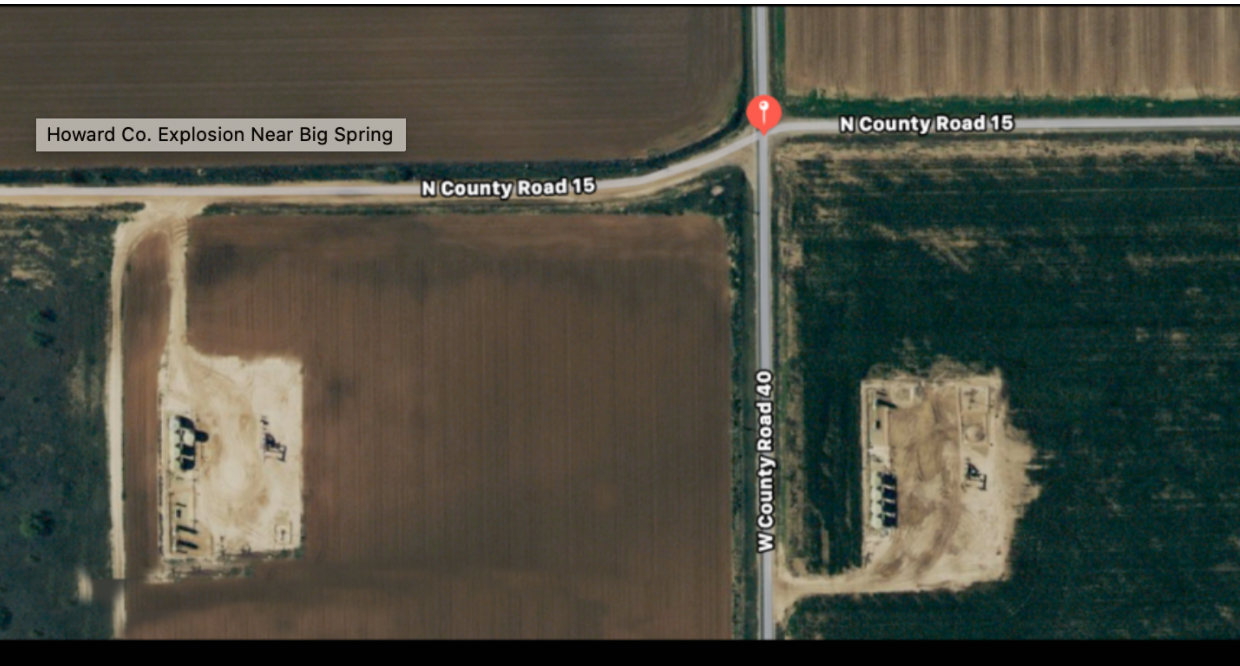 For many, a car serves as the primary method of transportation on a daily basis. However, no matter how careful someone is while on the road or how skilled they are at driving, other motorists who do not follow the traffic laws pose a significant threat. When others are careless and cause accidents or even fatalities to occur on the road, those who are responsible can be held accountable for their actions through a Texas personal injury lawsuit.
For many, a car serves as the primary method of transportation on a daily basis. However, no matter how careful someone is while on the road or how skilled they are at driving, other motorists who do not follow the traffic laws pose a significant threat. When others are careless and cause accidents or even fatalities to occur on the road, those who are responsible can be held accountable for their actions through a Texas personal injury lawsuit.
In a recent news report, a young Sheriff’s Deputy and his fiancé were killed in a tragic car accident. Officials say that a tanker truck may have run a stop sign and crashed into the deputy’s vehicle, which killed his fiancé on impact. He passed away shortly after and his brother, who was also a passenger, was airlifted in critical condition to a local hospital with spinal, facial, and arm injuries.
In Texas, cases like these can often pave the way for potential wrongful death claims. To file a wrongful death claim, one must first ensure that the circumstances surrounding their potential case fall within Texas’s definition of wrongful death. Claims can be filed by specific parties if the death is caused by a wrongful act involving carelessness, unskillfulness, or neglect. Thus, potential plaintiffs could have a claim if their loved ones die because of the negligence of others, such as during a major car accident, or a vehicle collision involving distracted driving.
 Texas Injury Lawyers Blog
Texas Injury Lawyers Blog








 Thursday, Sept. 3, 2020: BIG SPRING, TX – Multiple crews responded to the report of an explosion in Howard County on Thursday afternoon.
Thursday, Sept. 3, 2020: BIG SPRING, TX – Multiple crews responded to the report of an explosion in Howard County on Thursday afternoon.


 We’ve all been distracted while driving at some point while navigating our vehicles. Whether it’s exhaustion from a full day of work causing you to doze off or an urgent phone call out of nowhere from the office, we’ve all had a moment where we’ve zoned out while driving. However, not everyone is fortunate enough to emerge from these situations safe and sound. Often, accidents occur as a result of drifting off or distracted driving, and can have enormous, disastrous impacts. When such accidents occur and tragedy strikes, those who cause them can be held responsible for their actions.
We’ve all been distracted while driving at some point while navigating our vehicles. Whether it’s exhaustion from a full day of work causing you to doze off or an urgent phone call out of nowhere from the office, we’ve all had a moment where we’ve zoned out while driving. However, not everyone is fortunate enough to emerge from these situations safe and sound. Often, accidents occur as a result of drifting off or distracted driving, and can have enormous, disastrous impacts. When such accidents occur and tragedy strikes, those who cause them can be held responsible for their actions. Following the initial COVID-19 outbreak in the United States earlier this year, thousands of Americans flooded stores in search of hand sanitizer and other cleaning supplies. Many stores were completely wiped out from the start of the pandemic of such supplies and have taken several months to restock these products because of demand. In preparation for the uncertainty associated with the pandemic, many Texans purchased large quantities of these products. However, recent FDA recalls indicate that some of these sanitizing products may be causing members of our community to become ill. These recalls may be the basis for a Texas product liability claim.
Following the initial COVID-19 outbreak in the United States earlier this year, thousands of Americans flooded stores in search of hand sanitizer and other cleaning supplies. Many stores were completely wiped out from the start of the pandemic of such supplies and have taken several months to restock these products because of demand. In preparation for the uncertainty associated with the pandemic, many Texans purchased large quantities of these products. However, recent FDA recalls indicate that some of these sanitizing products may be causing members of our community to become ill. These recalls may be the basis for a Texas product liability claim. When a plaintiff brings a Texas personal injury case following a
When a plaintiff brings a Texas personal injury case following a  SAN ANTONIO
SAN ANTONIO Convalescent plasma contains antibodies to the virus that causes COVID-19 and may provide passive immunity to certain patients with severe forms of the illness. The plasma is used to treat patients with active infections, and it is one of the few treatments available for COVID-19. STBTC is the only organization in this area collecting convalescent plasma that can be transfused directly to patients with COVID-19.
Convalescent plasma contains antibodies to the virus that causes COVID-19 and may provide passive immunity to certain patients with severe forms of the illness. The plasma is used to treat patients with active infections, and it is one of the few treatments available for COVID-19. STBTC is the only organization in this area collecting convalescent plasma that can be transfused directly to patients with COVID-19. For some people, a daily commute is an escape before the demands of the day. For others, it can be stressful. For those who rely on public transportation to get around on a daily basis, there is a reasonable expectation of safety while they are on board a bus or train. Indeed, no one expects to be injured while on public transit. However, when these injuries occur, those responsible may be held accountable for their actions through a Texas personal injury lawsuit.
For some people, a daily commute is an escape before the demands of the day. For others, it can be stressful. For those who rely on public transportation to get around on a daily basis, there is a reasonable expectation of safety while they are on board a bus or train. Indeed, no one expects to be injured while on public transit. However, when these injuries occur, those responsible may be held accountable for their actions through a Texas personal injury lawsuit. July 29, 2020: BEAUMONT, Texas — A 21-year-old Beaumont woman has been charged after police say the car she was driving struck
July 29, 2020: BEAUMONT, Texas — A 21-year-old Beaumont woman has been charged after police say the car she was driving struck  KNOW THE SIGNS OF DROWNING
KNOW THE SIGNS OF DROWNING